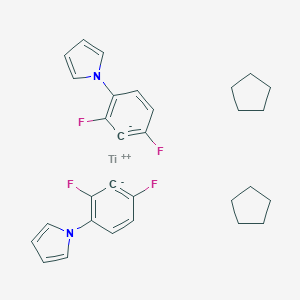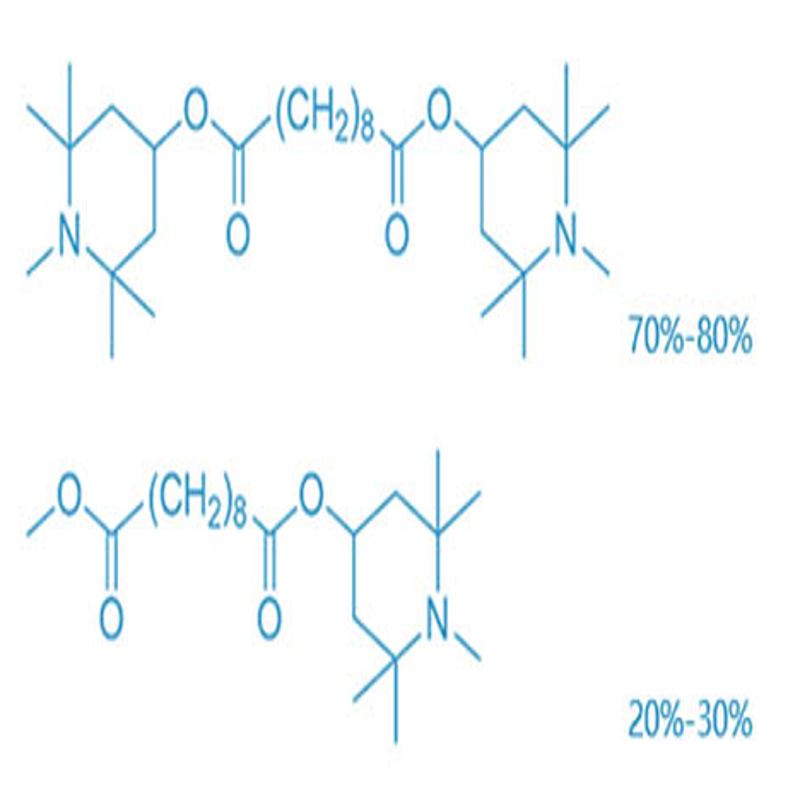-
Categories
-
Pharmaceutical Intermediates
-
Active Pharmaceutical Ingredients
-
Food Additives
- Industrial Coatings
- Agrochemicals
- Dyes and Pigments
- Surfactant
- Flavors and Fragrances
- Chemical Reagents
- Catalyst and Auxiliary
- Natural Products
- Inorganic Chemistry
-
Organic Chemistry
-
Biochemical Engineering
- Analytical Chemistry
-
Cosmetic Ingredient
- Water Treatment Chemical
-
Pharmaceutical Intermediates
Promotion
ECHEMI Mall
Wholesale
Weekly Price
Exhibition
News
-
Trade Service
Global Chemicals Quick Review
Titanium dioxide production giant Teno plans to buy Coster
Titanium dioxide giant Teno recently announced a definitive agreement to acquire rival Koster Corp
.
in the form of about $1.
7 billion in cash plus stock.
Koster and Teno are the world's second and sixth largest producers of titanium dioxide, respectively, with a capacity of 860,000 tons and 470,000 tons,
respectively.
In 2016, Koster achieved sales revenue of $1.
7 billion, and Teno achieved sales revenue of 1.
3 billion US dollars in titanium dioxide.
The combination of the two companies will replace Chemours as the world's largest producer of
titanium dioxide.
In addition, the combined company will become the world's second largest producer of titanium dioxide raw materials, accounting for 15% of the global raw material market
.
ExxonMobil Singapore refinery expands production of Class II base oils
ExxonMobil has approved the expansion of high-quality base oil capacity
at ExxonMobil Asia Pacific Petroleum's 592,000 b/d refinery on Jurong Island southwest of Singapore.
The expansion will support the production of the company's EHC Class II base oils, which will enhance the global supply capacity of these products and improve the competitiveness
of Singapore's refineries.
EHC Group II base stocks enable downstream customers to blend lubricants that meet more stringent standards, helping to reduce emissions, improve fuel economy and low-temperature performance
.
The expansion of the refinery will begin in the second quarter of this year and is expected to be completed
in 2019.
ExxonMobil's EHC product line maximizes the performance of automotive engine oils while improving the performance
of finished lubricants used in many industrial sectors.
In 2016, the global oil and gas M&A transaction volume increased significantly
According to EY's latest 2016 Review of Global Oil and Gas M&A Deal Activity, global oil and gas M&A deal value increased to $395 billion in 2016 from $340 billion in 2015, although the number of deals fell by 27%.
Andy Brogan, head of global oil and gas M&A transactions at EY, said: "The global oil and gas M&A transaction market was not stable last year, and M&A transactions have become an urgent task
for oil and gas companies to adapt to the new state of the industry.
In an environment of large fluctuations in oil and gas prices, some of the announced M&A transactions have not been successfully completed
.
At present, the industry generally believes that the worst is over and the situation has changed
.
EY expects the strong momentum that began in the fourth quarter of 2016 to continue
in 2017.
”
The US biodiesel market recovers
Benefiting from the favorable market environment, the US biodiesel industry experienced a period of
recovery in 2016.
Despite persistently low diesel prices, the number of biodiesel plant expansion and upgrade projects and M&A transactions announced in the United States in 2016 has increased, signaling that strategic investors are optimistic about the industry's prospects
.
For example, AGP's 30 million gallon biodiesel production facility in Sergeant Bluff, Iowa, the first commercial biodiesel plant in the United States, is currently expanding, doubling to 60 million gallons
upon completion of the project.
John Campbell, general manager of Ocean Park Consulting, said that there are many biodiesel expansion projects currently being built or planned to be built in the United States, and these projects will increase the production capacity of biodiesel in the United States by 400 million gallons
when put into operation.







